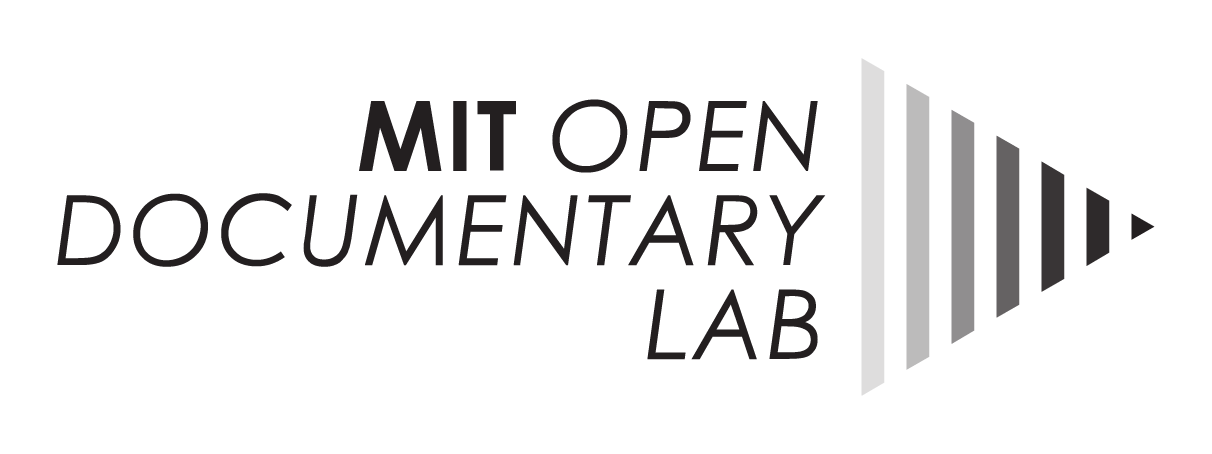27 Mar 3/9/17 Hacking VR: The Art and Science of VR
 How does our brain react to VR? How can neurobiology help us tell more effective stories? What can scientists learn from VR storytelling? And how do creative VR makers work with scientists to push the limits of immersive experiences?
How does our brain react to VR? How can neurobiology help us tell more effective stories? What can scientists learn from VR storytelling? And how do creative VR makers work with scientists to push the limits of immersive experiences?
What are the affordances and impact of VR from narrative and scientific perspectives?
This interdisciplinary panel brings together VR creators whose stories focus on real human lived conditions, Arnaud Colinart of Notes on Blindness and Kalina Bertin of Manic, with two researchers who explore the impact of VR on the brain, Mayank R. Mehta, professor of neurobiology and Heidi Boisvert, creative technologist and artist.
About the Speakers:
Arnaud Colinart is Creative Director and Co-Producer of the award-winning VR experience Notes On Blindness (Sundance New Frontier 2016, Kaleido VR Festival, Tribeca Film Festival 2016, SXSW 2017 Innovation Awards VR/AR Finalist) which offers a journey into a world beyond sight, through the diary recordings of a man slowly going blind. Colinart is producer and creative director at AGAT Films & Cie / EX NIHILO, an award winning production company based in Paris, France.
After completing her degree in film production in Montreal, filmmaker Kalina Bertin quickly realized that if she didn’t set out to understand the mental illness in her family it would destroy her. This process gave birth to her documentary film Manic, which explores the legacy of bipolar disorder in her family. Aiming to build empathy and awareness toward such a complex condition, she currently is directing a virtual reality project which will enable the viewer to explore the world of manic depression from within. Both projects are produced by Montreal based production company EyeSteelFilm.
Heidi Boisvert (PhD) creates groundbreaking games, web interactive, augmented reality and transmedia storytelling experiences for social change, as well as large-scale networked performances in dance and theatre using bio-creative technology. She co-founded XTH, a company creating novel modes of expression through technology and the human body. She is currently designing an Empathy Engine and Media Machine to translate the knowable underlying mechanisms of empathy into an engine to simulate the variables that move us to act.
Mayank R. Mehta, M.Sc., Ph.D. heads the Keck center for Neurophysics and a Professor of Neurology, Physics, and Astronomy at University of California, Los Angeles (UCLA). His recent research investigates how neurons create the perception of space-time. His laboratory measures how individual neurons react to virtual reality and the potential consequences.
About the Moderator:
Sandra Rodriguez, PhD, is a creative director (interactive and film) and sociologist of new media technology. A Lecturer/Visiting Scholar at MIT Open Doc Lab, she currently teaches MIT’s very first course in Virtual Reality (as part of the Oculus NextGen program). Having worked on independent documentary short and feature films for the last 15 years, she is also now the Head and Creative Director of a new Creative Reality lab at EyeSteelFilm, a Montreal based production company, exploring new ways to tell compelling human stories.
For the series program, visit arts.mit.edu/hacking-vr.



